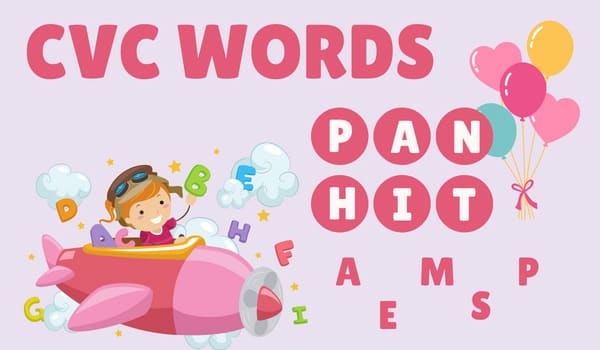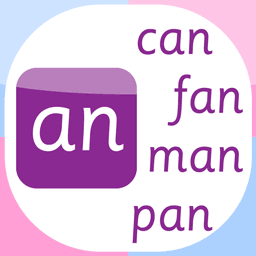Your 4-year-old travels through the formative achievements as they begin preschool and approach kindergarten’s primary day. However, you might wonder, what should a 4-year-old know academically? Before you worry about missed achievements, recollect that kids all create individually. A broad scope of abilities is entirely typical at age 4. Learning about the run-of-the-mill 4-year-old intellectual skills causes you to decide whether your little one is advancing true to form. It will help you determine whether you can send your child to school.
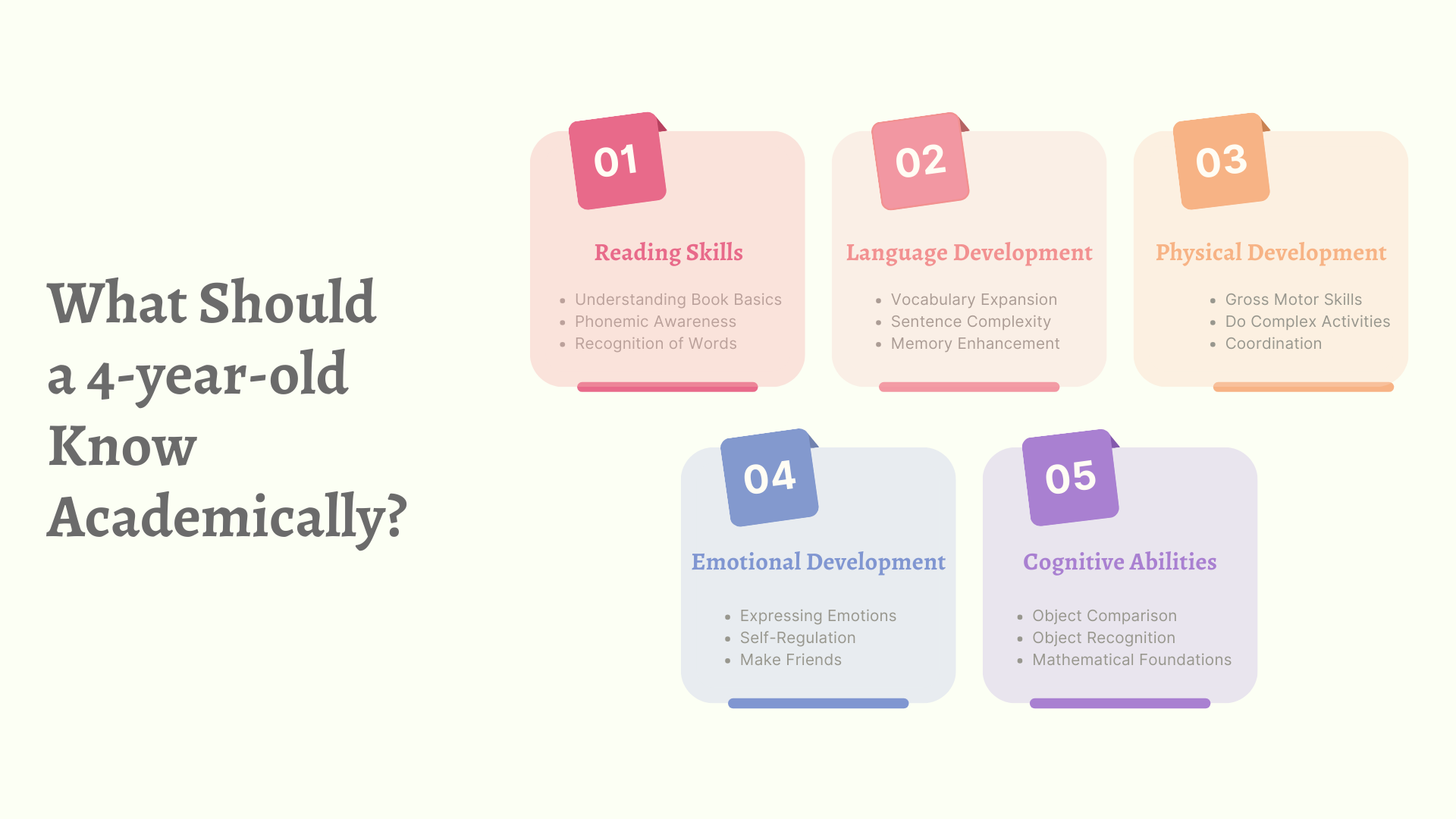
What Should A 4-year-old Be Able To Do Educationally?
To know what a 4-year-old should know academically/educationally, here are the guides to give you an idea of what 4-year-old kids should know before planning to start school. These guides will save you from anxiousness and helps you to prepare to take further steps toward the future.
Reading Skills Development:
At four, children exhibit signs of reading readiness, understanding that printed words convey meaning, even if actual reading is not mastered. Recognizing common words and comprehending stories are early indicators of future reading abilities.
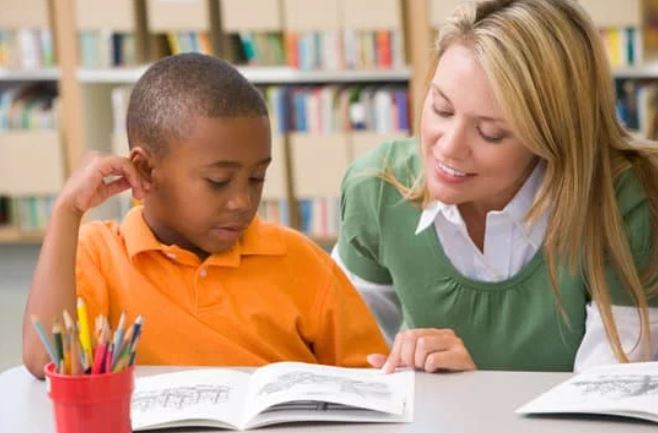
Understanding Book Basics:
Most 4-year-olds grasp basic book mechanics, knowing how to hold a book, start from the front, and turn pages left to right. These foundational skills set the stage for independent reading.
Phonemic Awareness:
Children in this age group begin grasping sounds and letters. Recognizing rhymes and identifying similar sounds in words are fundamental phonemic awareness skills that pave the way for reading development.
Language Development Progress:
By the age of four, children should have a well-established grasp on their native language. They should be able to understand and use complex sentences, including some grammar tenses. Their vocabulary would have expanded significantly, allowing them to describe things in detail and ask many questions.
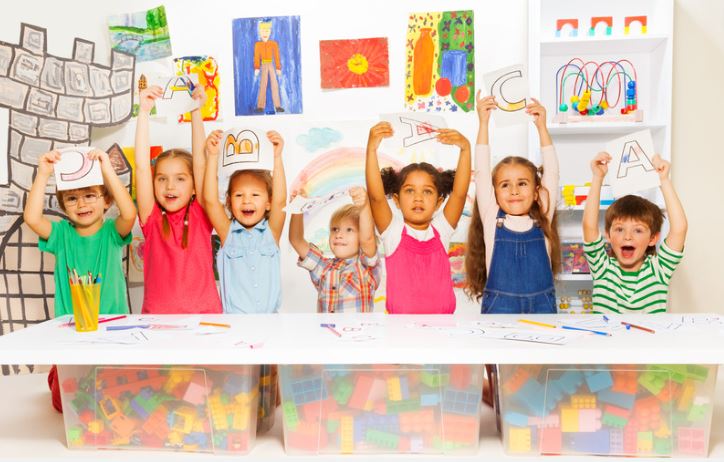
Vocabulary Expansion:
By four, children typically have a vocabulary of 4,000 to 6,000 words. Monitoring consistent vocabulary growth is crucial, and a pediatrician should be consulted if there are concerns about limited language development.
Sentence Complexity:
Sentences become more substantial, evolving from a few words to four or five, displaying improved language skills. Future tense usage may also emerge during this developmental stage.
Memory Enhancement:
The ability to recall and recount personal information, such as full name and address, indicates cognitive development. Longer and more intricate narratives become a part of their storytelling repertoire.
Physical Development Progress:
Children at the age of four exhibit significant progress in physical development. Enhanced coordination and refined fine motor skills, demonstrated through activities like using scissors, drawing, and writing, indicate a maturing physical capability.
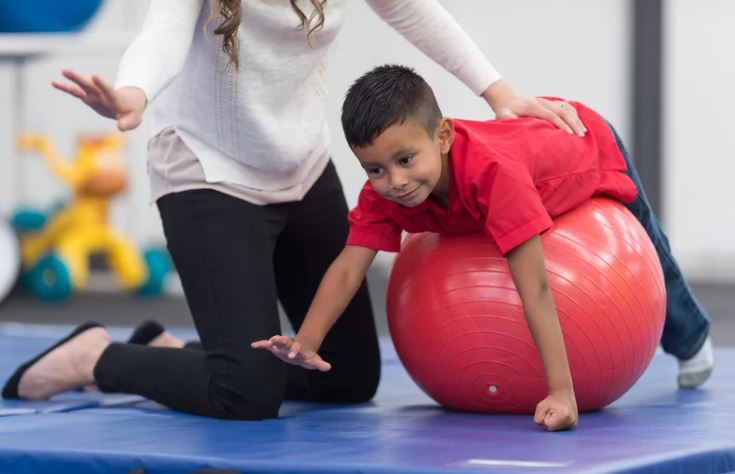
Gross Motor Skills Enhancement:
Notably, gross motor skills, including running, jumping, and climbing, show considerable improvement. This increased proficiency allows children to navigate physical activities with greater ease and agility.
Engagement in Complex Activities:
At this stage, children can actively participate in more intricate physical endeavors, such as team sports, dancing, and swimming. These activities not only enhance physical prowess but also foster the development of social skills and teamwork.
Emotional Development Progression:
By the age of four, children demonstrate an improved comprehension of their emotions. They can effectively recognize and label basic emotions like happiness, sadness, anger, fear, and excitement. This signifies a crucial step in emotional development.
Self-Regulation:
Children in this age group begin to regulate their emotions more adeptly. Reduced likelihood of extreme emotional reactions and the ability to self-calm when upset contribute to positive social development. This skill enables more positive and productive interactions with others.
Cognitive Abilities:
Four-year-olds can differentiate objects based on specific attributes, whether color or size. Understanding and expressing whether items are similar or different is a cognitive milestone.
Object Recognition and Utilization:
By age 4, your little one knows bunches of various objects. They ought to have a fundamental thought of what pieces are utilized for, particularly things they see all the time, like the apparatuses in your home. They likewise begin to perceive various hues. By the age of 4, they ought to have the option to distinguish and name at any rate four distinct shades; however, they may know more. If your child can determine objects and their uses, they will find it quicker to find things and how to use them.
Mathematical Foundations:
Counting aptitudes are created around this time in their stages. Your 4-year-old ought to have the option to tally at least 10 items. That is somewhat unique about simply presenting numbers. Relating a number with an object to tally it requires a more grounded handle of essential math aptitudes.
At this stage, 4-year-olds likewise begin to comprehend the idea of time better than anyone might have expected. Try not to expect your 4-year-old to peruse a clock, yet it’s more specific things like what occurs in the first part of the day versus what happens around evening time.
Signs you Need to Check with your Pediatrician
A few out of every odd 4-year-old hits all the scholarly achievements simultaneously. What should your 4 years old know academically? Your kid can be OK scholastically, even without perceiving letters or counting objects at this time. You should see continuous development in those scholarly zones. It might flag a postponement if your 4-year-old isn’t gaining those scholastic abilities.
Consult with your Primary Care Physician (PCP) if you have any worries or if your 4-year-old gives the accompanying indications:
- Battles to hold a colored pencil
- Can’t deal with fundamental self-care like brushing teeth or washing hands
- Can’t assemble a pinnacle at any rate eight squares high
- Doesn’t jot
- Experiences issues with pretend play
- Doesn’t comprehend the distinction between the real world and dream
- Wouldn’t like to play with different children
- Can’t retell an essential story
- Can’t follow a few section bearings
- Battles to comprehend being the equivalent or unique
- Is hard to comprehend when talking
- Doesn’t have the foggiest idea about their first and last name
- Erroneously utilizes the words “me” and “you”
- Relapses in the aptitudes he has
Numerous early intercession programs are accessible if your kid has a formative postponement, so converse with your pediatrician when you have concerns. With fitting intercessions, your preschooler can refocus.

